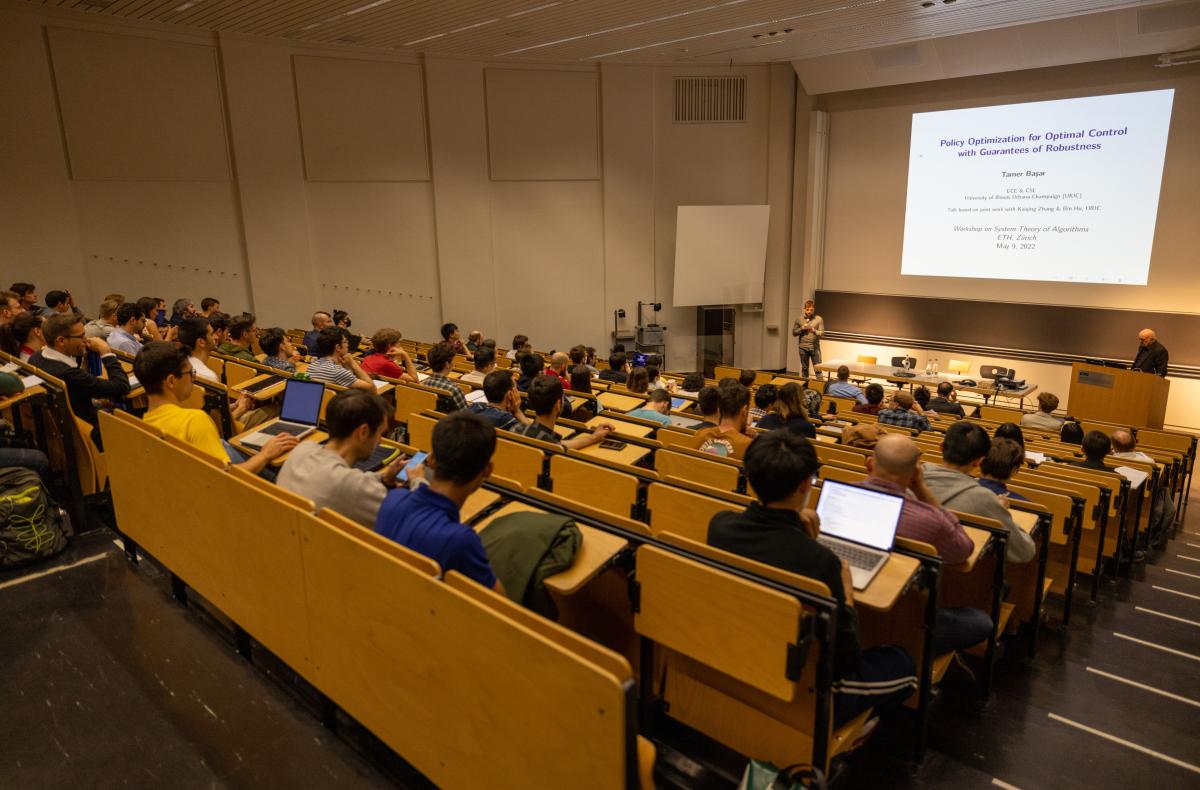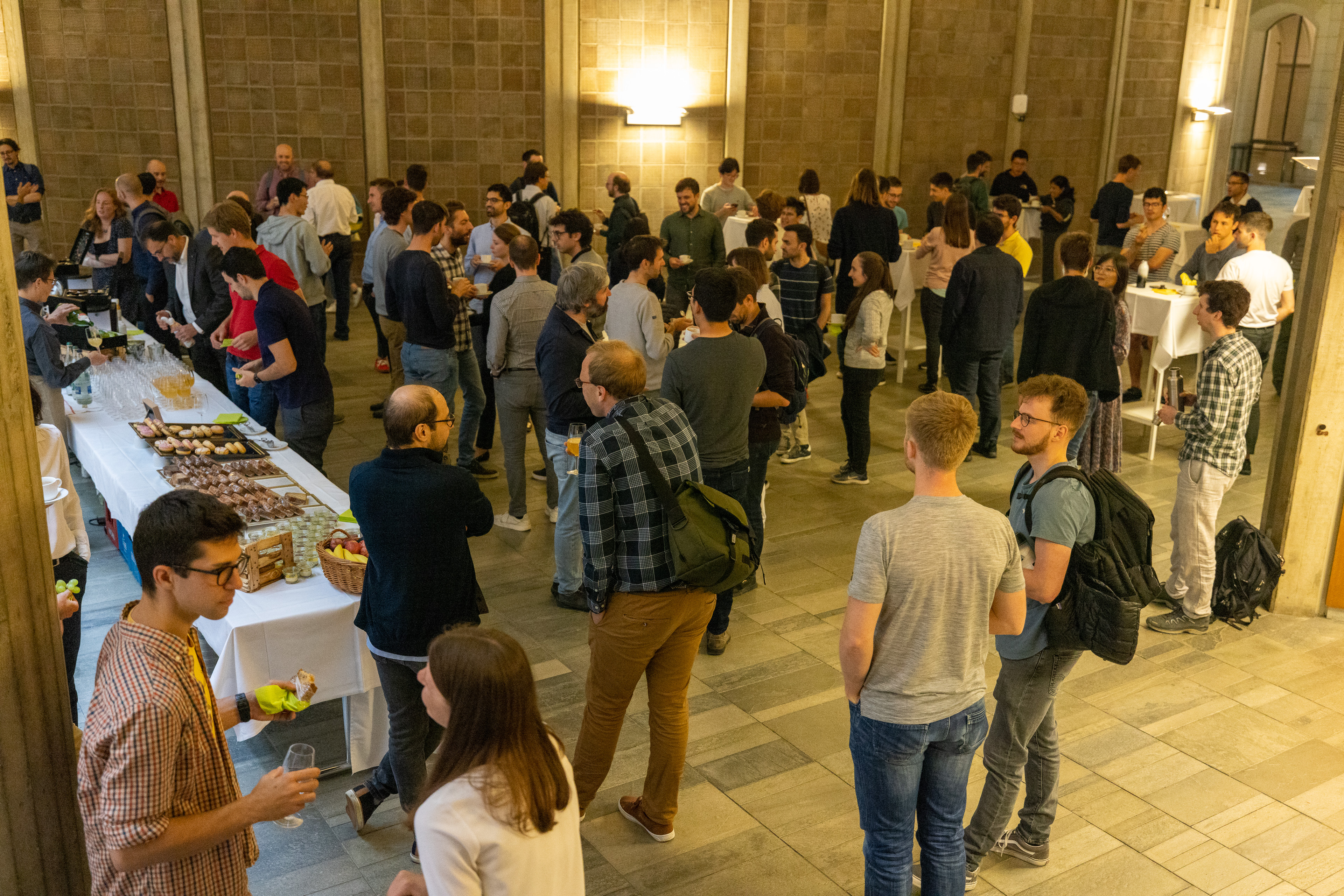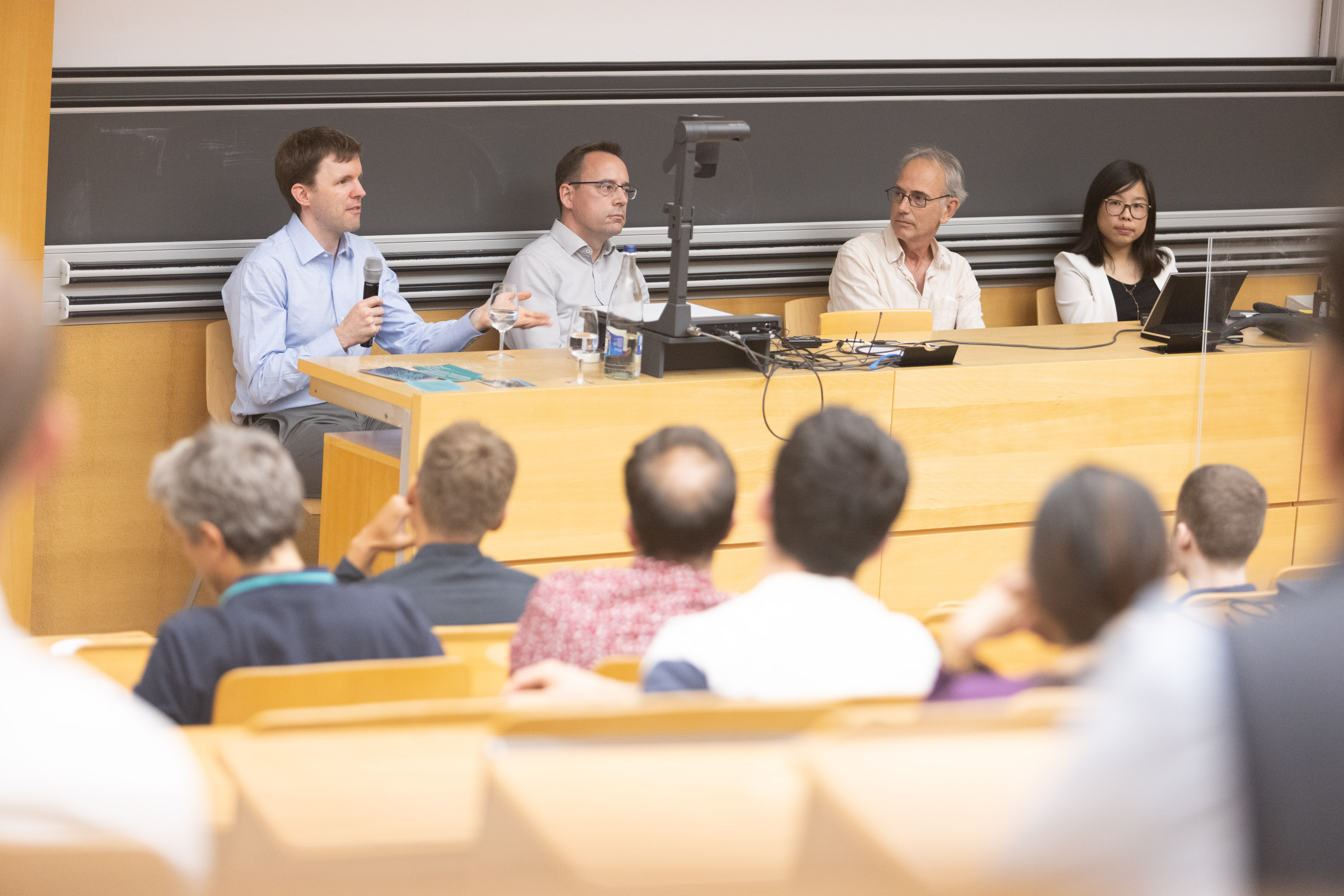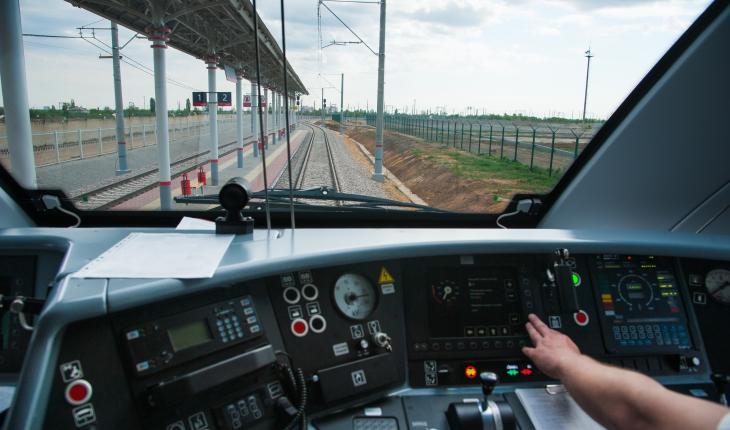“Control theory can help us deal with global issues”

For most of their history, algorithms have had the role of solving clearly defined digital problems. Whether it was about determining mortgage conditions, allocating kidneys to patients or determining the fastest trajectory to cross the Atlantic by an airliner: the software was designed to perfectly execute its task. Yet it was confined to the digital cyber-world in the sense that it did not directly interact with anything beyond.
Since about a decade, computing power, data availability and advances in algorithmic engineering have begun to break down these confines. Algorithms increasingly interact with the real, physical world. For example through recommendation systems on the internet, that determine which content users see. Or by steering autonomous vehicles. This is new terrain for them. A very complex new terrain, filled with uncertainty. Thus, on some occasions, they can run haywire – as for example in 2010, when high-speed stock trading algorithms brought down the Dow Jones Index by ten percent within minutes.
The field of control theory, however, has had millennia of experience in dealing with systems that interact with the real world. From the first precise time measurements with water clocks in ancient Greece, to the cruise control of modern cars and even to growing yeast: by “closing the feedback loop” between the system and the environment it interacts with, control theorists have always had to find solutions for the uncertainty of the physical world.
In a two-part symposium hosted by ETH Zurich and the NCCR Automation, world renowned experts of control theory came together to discuss which insights their field can offer to engineers in optimisation and machine learning that work on complex algorithms interacting with the real world.
Gaining intuition and helping the environment
The first part of the symposium featured
- Tamer Basar of the University of Illinois Urbana-Champaign, who gave a talk on Policy Optimization for Optimal Control with Guarantees of Robustness,
- Michael Mühlebach of Max Planck Institute for Intelligent Systems who spoke about Optimization with Momentum and Constraints: A Perspective from Smooth and Non-smooth Dynamics,
- Lacra Pavel of the University of Toronto who discussed System Theory for Algorithms in Games
- and Saverio Bolognani of ETH Zurich and the NCCR Automation, who introduced First-Order and Zeroth-Order Optimzation Algorithms as Model-Free Feedback Controllers.

Following their presentations, the speakers discussed the developments of the field in a panel. They all agreed that control theory has substantially grown as a discipline in the past decades and has much to offer to help understand some of the world’s largest challenges. “Nature, for example, is ultimately a feedback system”, Tamer Basar pointed out. “Climate change, environmental pollution and other important global issues are therefore ones that control theorists can help tackling”. Lacra Pavel added that “purely computational approaches from machine learning and optimization don’t offer any intuition of the underlying problem. Control theory, however, allows gaining insights, which is especially important when algorithms affect the real world and society”.

A potential golden age
The second event also saw a number of fantastic talks with
- Christian Ebenbauer of RWTH Aachen, who presented on Control Theory as a Toolkit for Optimization Algorithm Synthesis: Case Studies and Future Challenges,
- Sean Meyn of the University of Florida that addressed Accelerating Optimization and Reinforcement Learning with Quasi-Stochastic Approximation,
- Laurent Lessard of the Northeastern University, who spoke about Robust control perspectives on algorithm analysis and design,
- and Niao He of ETH Zurich and the NCCR Automation that introduced Q-learning through the Lens of Dynamical Systems: from asymptotics to non-asymptotics.

Being asked about their perspective of the significance of the current time for the research field, the panellists saw great potential for a new era of control theory. Sean Meyn declared that “this is definitely a golden age of control theory, I can feel it! We are at a stage, where we can gain real insights from neural network training, based on concepts from control theory. That is really exciting.”
The others largely agreed but also expressed caution. Laurent Lessard pointed out what he called a “language barrier”. “Our tools are not really known beyond the control community, which is a problem if we really want to tackle some important real world problems. We have to address this by communicating with colleagues from other fields in ways they understand”, Lessard said.
Christian Ebenbauer suggested that “control theorists should apply their tools to more real-world applications, to really demonstrate how they can help to improve algorithms”.

A more dependable automated future
Whether this truly is a golden age of control theory or not, time will tell. The symposia made it clear that there is potential for control theory to leave its fingerprint on the upcoming decades of algorithmic expansion to ever more areas of the physical world and society. With its tools, control theory could help us make more sense of this path that we are on, and thus allow us to make sure we steer in the direction we want to. A direction, that leads to a world of dependable algorithms and automation. The NCCR Automation will do its best to make that happen.
More impressions of the two day event:


